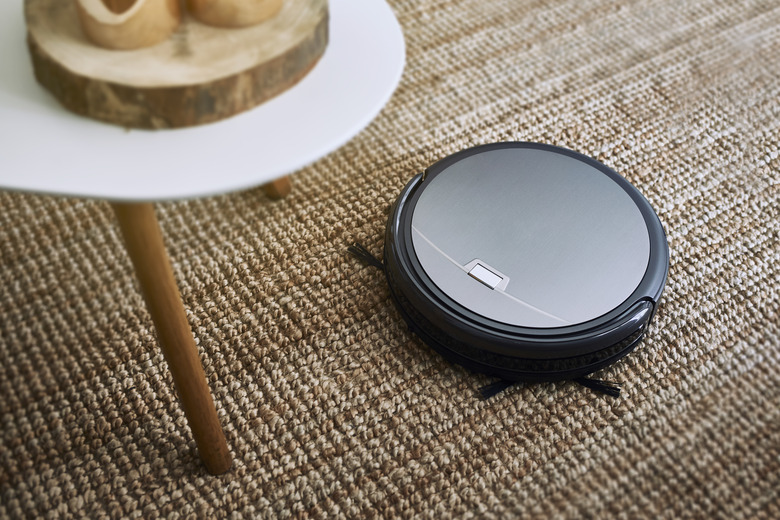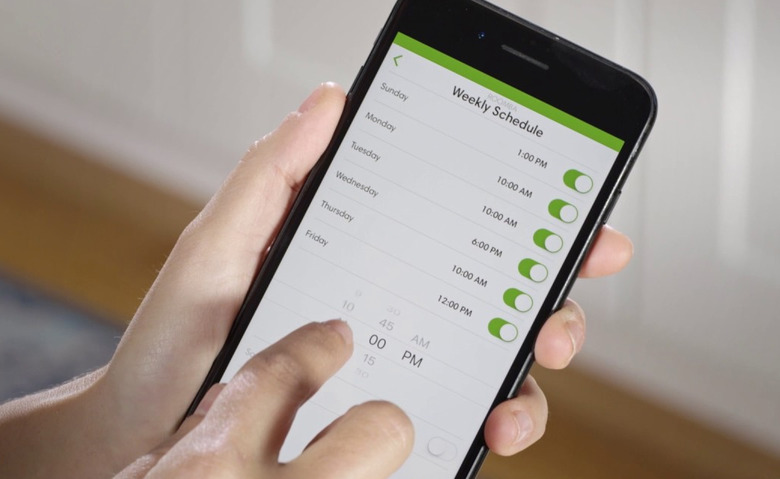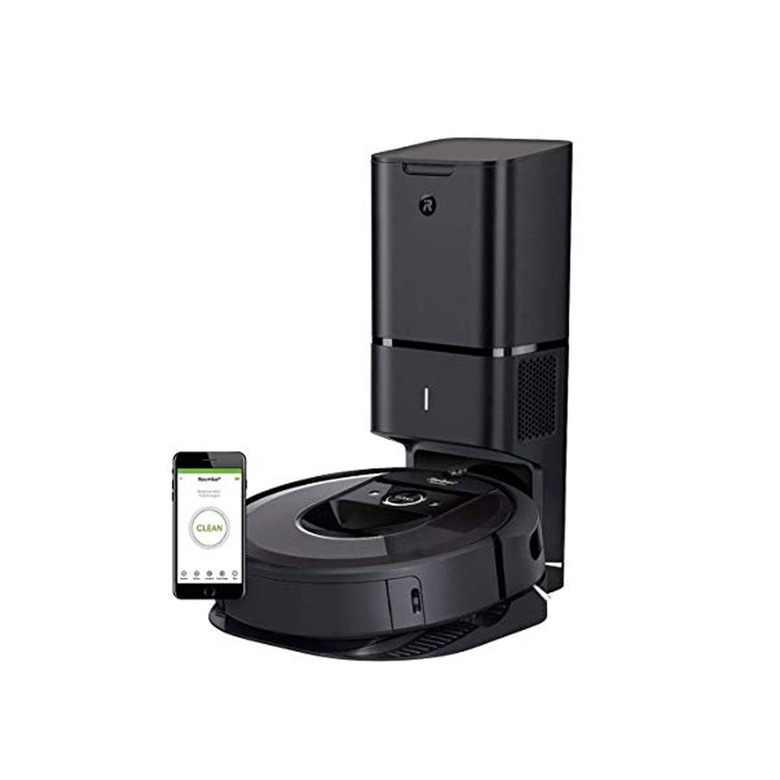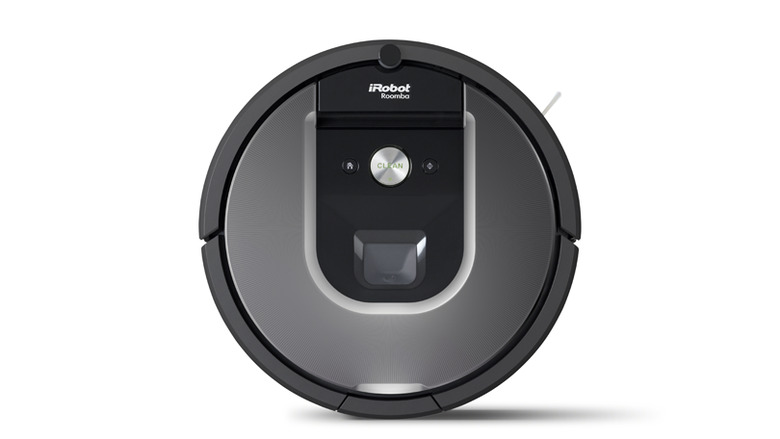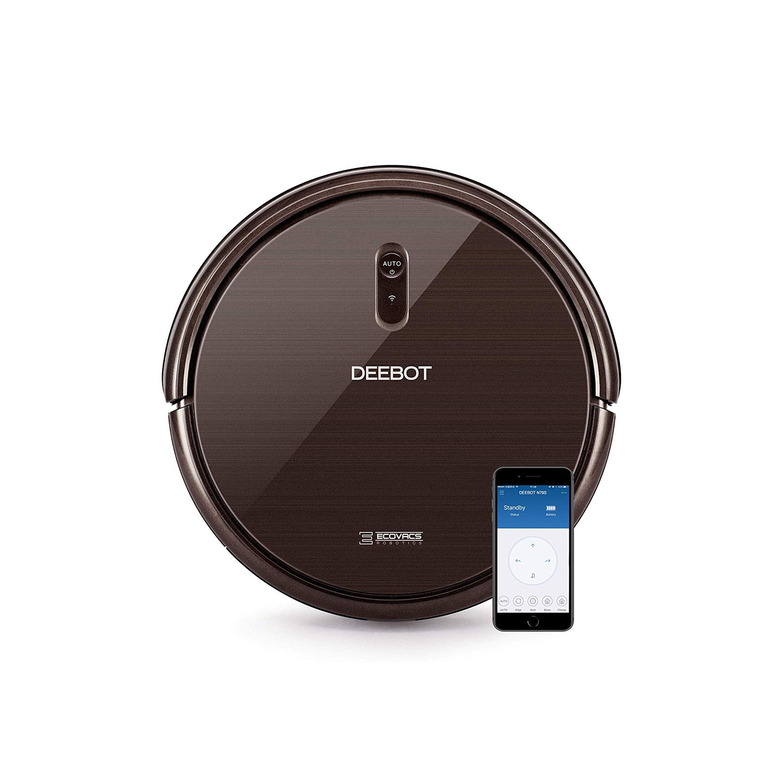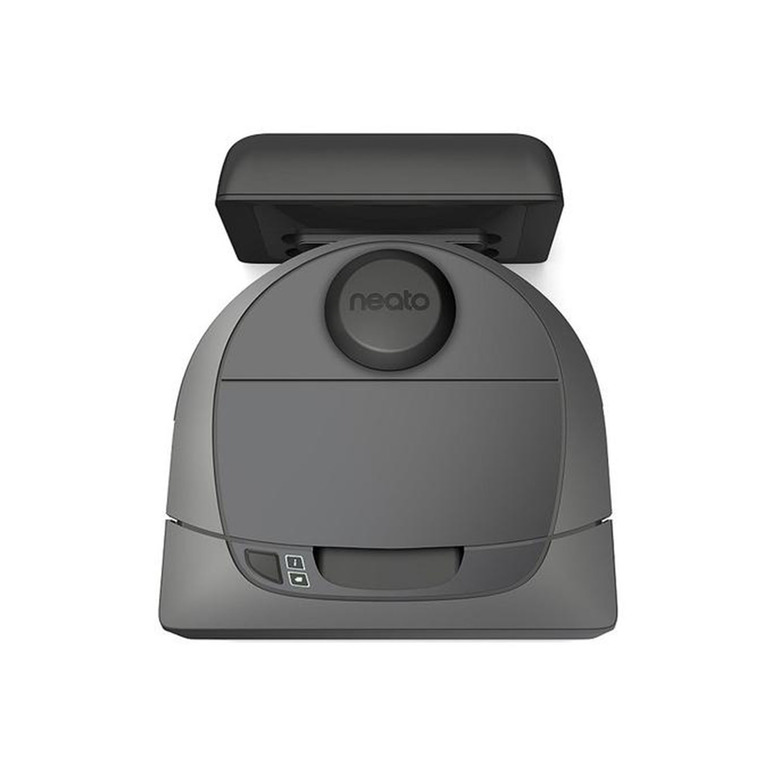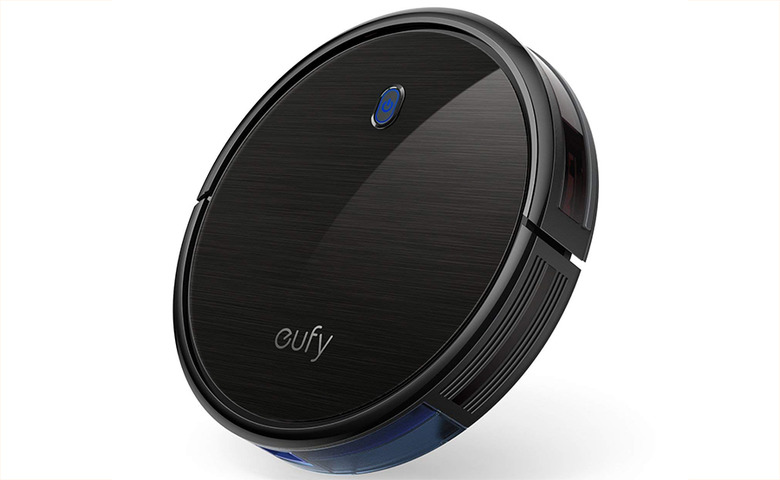Robot Vacuums: Are They Worth It?
When the first robot vacuum — iRobot's first-gen Roomba — hit store shelves all the way back in 2002, it was like a disappointing version of science fiction come to life. Yes, it could clumsily roll around the room and clean up some dirt, but Roomba was no Rosie the robot maid from The Jetsons. It was only so-so at cleaning. Its bin filled quickly. It frequently jammed with dirt and pet fur. Based on those early days, you'd be forgiven for writing off robot vacuums entirely.
But a lot has changed in almost 20 years, and today's robot vacuums are very different beasts than they once were. But are they worth it? We break the pros and cons down below.
Convenience
No one enjoys vacuuming, and that's the single biggest advantage that robot vacuums deliver: they work unattended, and these days require virtually no prep to set loose. Most robot vacuums can navigate throughout the house (though obviously, they can't climb stairs, so they're relegated to a single floor at a time), generally able to clean both hard and carpeted floors equally well. They navigate in, under, and around furniture. And best of all, perhaps, you can set them to run automatically on a schedule — daily, a few times a week, or whatever suits your lifestyle. Some models are also Wi-Fi enabled and can be controlled via smartphone, so you can tell it to start running from your iPhone after getting to work.
Effectiveness
Here, it's still a bit of a mixed bag. There's no doubt that robot vacuums have gotten dramatically better in the last few years, able to convincingly clean floors and carpet in most situations. They still can't boast as much raw suction power as traditional vacuums, but most modern robot vacuums make up for the lack of overall power with clever engineering, including a variety of brushes for both wet and dry surfaces, ability to follow a set map of both approved and "no-fly" zones, and the option to connect to a smart speaker for voice control.
That said, there are excellent reasons why a robot vacuum can't be your only vacuum. For one, robots can struggle with a very big, out-of-the-ordinary mess — such as kids tracking large clumps of dirt onto your carpet or accidental spills. For a lot of people, that's alright and they don't mind taking out their upright vacuum occasionally to help supplement, but for others, that may be a deal breaker. If you're looking for regular upkeep for minor crumbs or dog hair, a robot vacuum can be a perfect solution.
It's also worth noting, however, that robots are pretty dumb. They might convince you otherwise — Neato's D7 uses lasers to map the house and know exactly the right path to take to clean most efficiently, for example — but they can't react to unusual situations. Back in 2016, for example, a story went viral about a Roomba that accidentally ran over a pile of dog poop (the poor pooch had an accident in the house and the vacuum proceeded to track said accident ... everywhere). That's a worst case scenario, of course — at least, we can't think of a case worse than that — but something to keep in mind.
Price
The great news is there are a ton of choices at all different price points. Some robot vacuums, like models from Coredy, are priced under $200, while others, namely the Roomba i7+, can set you back about $1,000. While the higher end models have more features, the more affordable options are still highly effective and impressive.
The Verdict
Is a robot vacuum right for you? If you already have a good traditional vacuum and you don't mind cleaning regularly — yes, such people exist — then you may not get a lot of value out of having a robot on hand to do your vacuum bidding. But if you have pets that shed or kids that track in all manner of dirt, a robot vacuum can be a godsend, automatically cleaning your floors with very little oversight.
Shop Top-Rated Robot Vacuums:
If you're ready to start shopping for a robot vacuum, we've rounded up a handful of the top-rated models (as judged by customers on Amazon) to help you decide which might be right for you.
iRobot Roomba i7+, $1,099
Feature highlights: It can empty its own bin into the base unit, which serves as both a docking port for charging and a trash can that only needs to be emptied every 30 cleaning cycles.
Feature highlights: It has cameras to map the room for more efficient vacuuming. It comes with a beacon to set up a virtual wall, and has Wi-Fi for smartphone control. It's also Amazon Alexa-enabled, so you can give it commands from an Echo.
Feature highlights: Despite the price, it offers a surprising number of features that you might otherwise only find on more expensive vacuums, like Wi-Fi support that lets you control it from a smartphone app or an Amazon Echo, infrared sensors to help it move about, and side brushes that pull dirt out of corners as it hugs the wall.
Feature highlights: Uses lasers to create an accurate map of your home, including the option to hand draw areas that you don't want the vacuum to go. All Neato vacuums also have an unusual "D" shape, unlike the round shape of other brands, which allows the vacuum to have bigger brushes and clean the edges of walls more effectively.
Feature highlights: It can scale bumps in the floor to move from hard flooring to carpet and vice versa, docks automatically to charge, and it has a respectable 100-minute runtime from the on-board battery.
